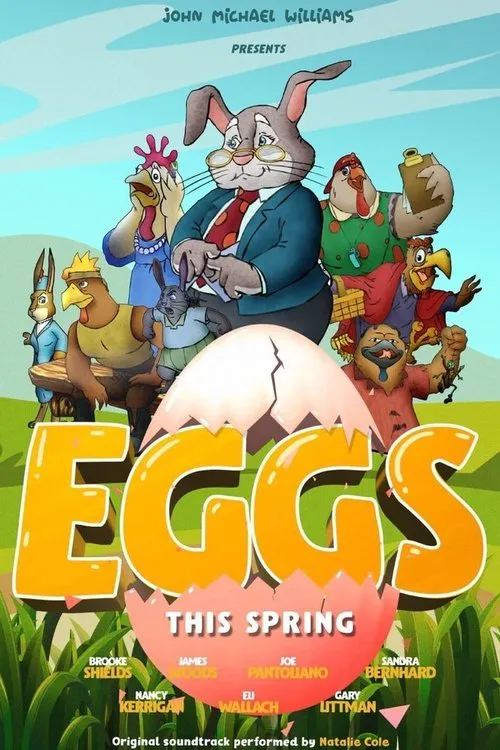Eggs

Plot
Eggs, a poignant drama that delves into the intricacies of human relationships and the complexities of grief, is a heart-wrenching portrayal of a young social worker's encounter with a widow in the midst of her darkest hour. The meeting, the focal point of the film, is a masterclass in restraint and subtlety, capturing the delicate interplay between the social worker's enthusiasm and the widow's wariness. As the young social worker enters the widow's home, she is met with a mix of emotions - empathy, compassion, and a hint of trepidation. Her eagerness to help is palpable, and she sets out to establish a rapport with the widow. But the atmosphere is heavy with unspoken words, and the widow's exhaustion and weariness are a stark reminder of the devastating loss she has suffered. The husband's passing has left a gaping void in her life, and her every waking moment is consumed by the ache of grief. The social worker's initial attempts to break the ice fall flat, her gentle prodding met with a silence that feels oppressive. She presses on, however, sensing that her client is bracing herself for another dose of condolences, another awkward conversation about the weather. But instead of words of comfort, the social worker wants to know about the husband, about their life together, about the memories that bring her joy and the pain that she carries. As the conversation unfolds, the social worker's questions and observations reveal a deep understanding of the widow's emotional state. She doesn't push, but rather listens intently, allowing the widow to share her thoughts and feelings without judgment. In this fragile balance of intimacy and reserve, the two women begin to form a connection, one that transcends the social worker's professional obligations and enters the realm of empathy and compassion. Through their interaction, the film sheds light on the complexities of grief, revealing how it can be both all-consuming and suffocating. The widow's exhaustion is not just physical, but also emotional, a manifestation of the weight of her loss. As she navigates the treacherous terrain of her grief, she struggles to find the words to express the depth of her sorrow, the breadth of her longing. As the social worker gently guides her through this turbulent emotional landscape, she begins to understand the nuances of grief, its intricate topography shaped by love, loss, and the passage of time. It's a subtle, almost imperceptible process, one that unfolds in the silences and hesitations between their words. Meanwhile, the social worker's own motivations and emotions come into play, adding a layer of depth to the narrative. Her eagerness to help is not merely a professional imperative, but also a personal response to the widow's pain. In this sense, their interaction becomes a form of emotional contagion, where the social worker's compassion and empathy are transmitted to the widow, who receives them like a lifeline. The film's use of metaphor - "eggs," the most literal and profound symbol of fragility and possibility - underscores the fragility of human relationships and the complexity of grief. Eggs are fragile, susceptible to breakage and destruction, yet they also hold the promise of new life and renewal. In this context, the widow's grief is like a fragile egg, cracked open by the sudden and inexplicable loss of her husband. As the social worker and the widow navigate this emotional terrain, they both emerge changed, their perspectives on grief and loss forever altered. The social worker gains a deeper understanding of the widow's pain, while the widow learns to confront her grief head-on, to acknowledge its depth and its complexity. In the end, Eggs is a powerful exploration of human connection, compassion, and the complexities of grief. It's a film that reminds us that the most profound relationships are not those of convenience or necessity, but of empathy and understanding, where two individuals come together to support each other through life's most difficult moments.
Reviews
Recommendations


